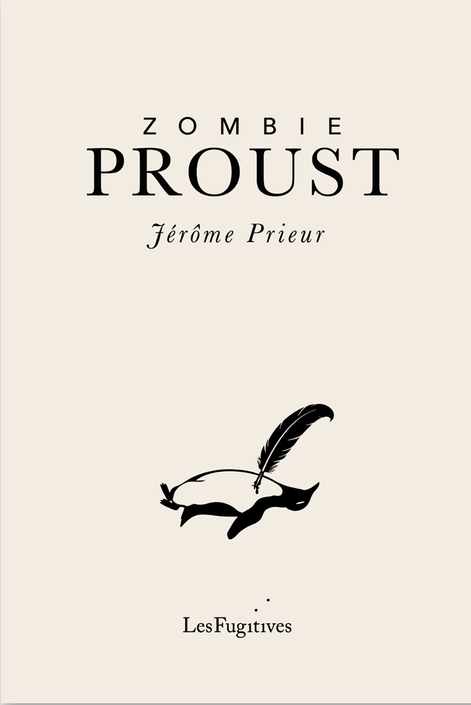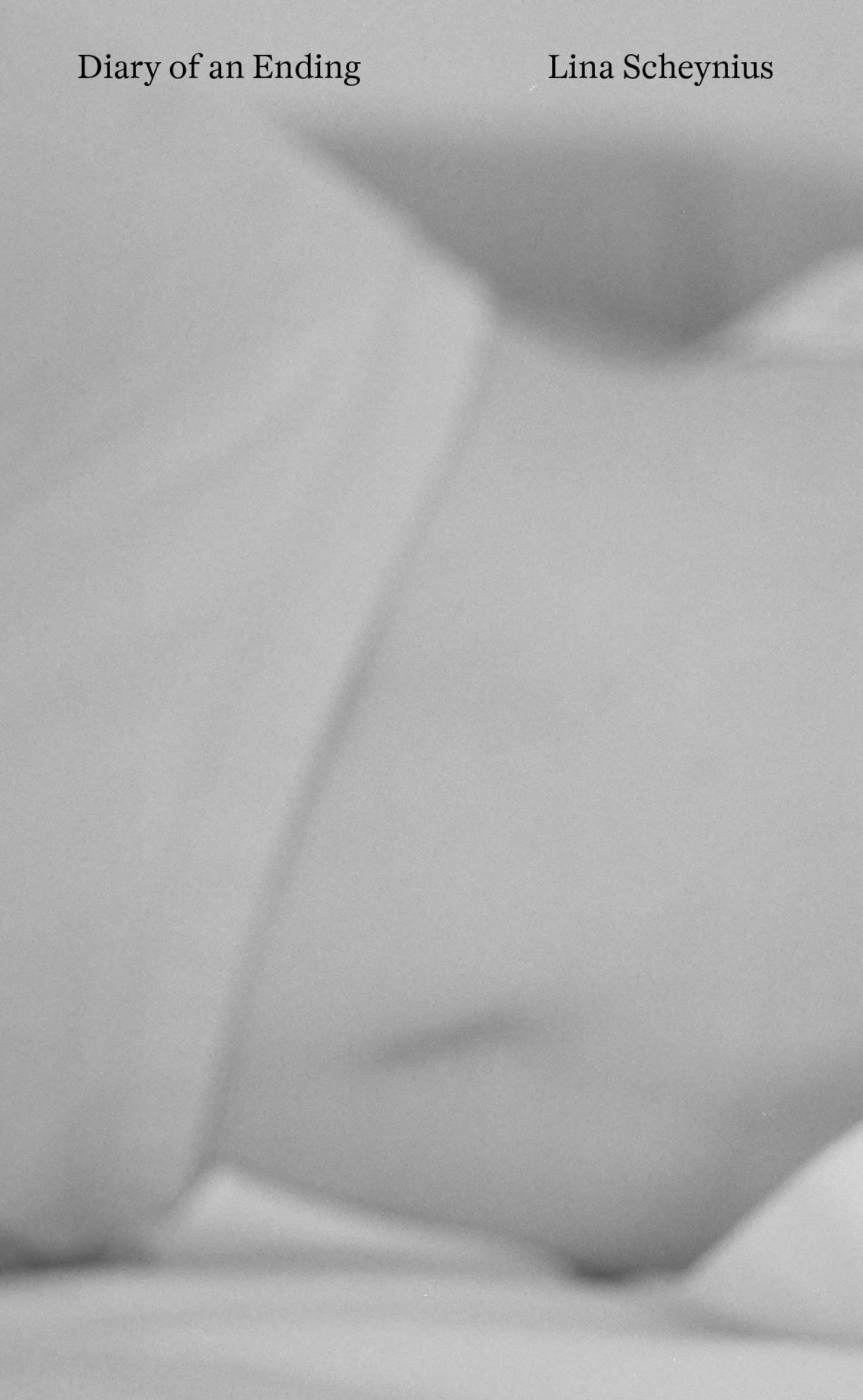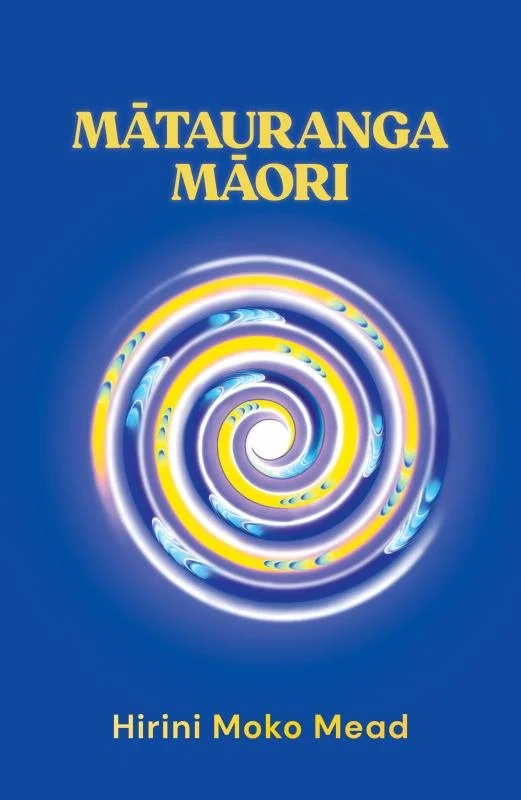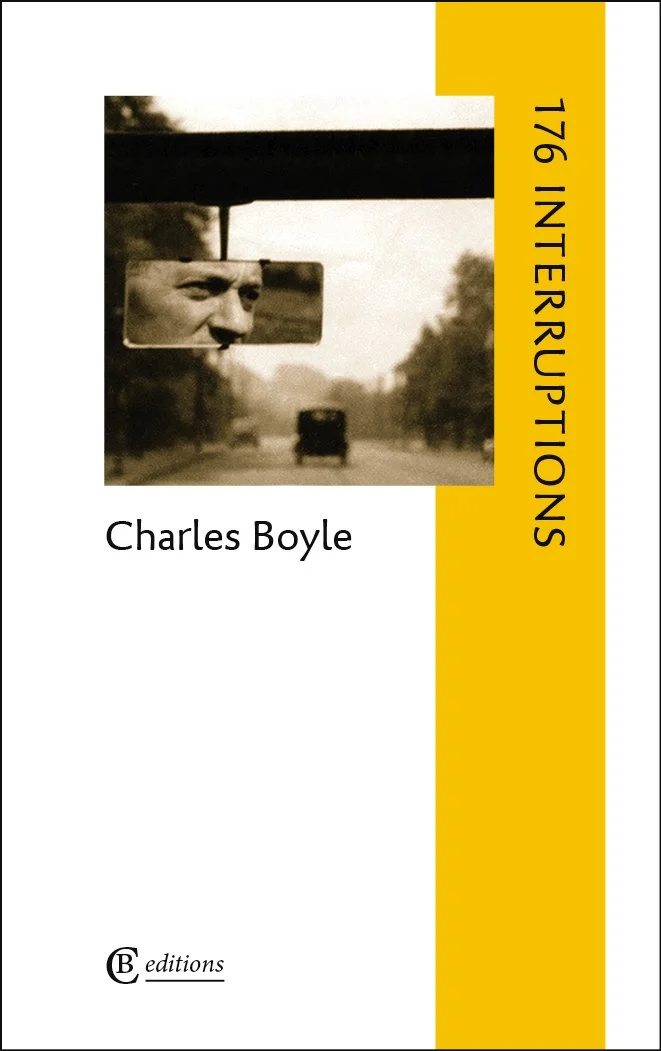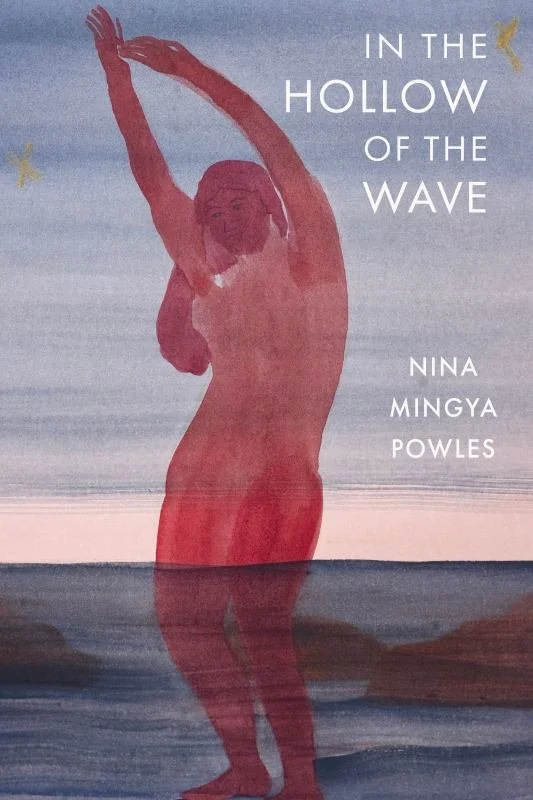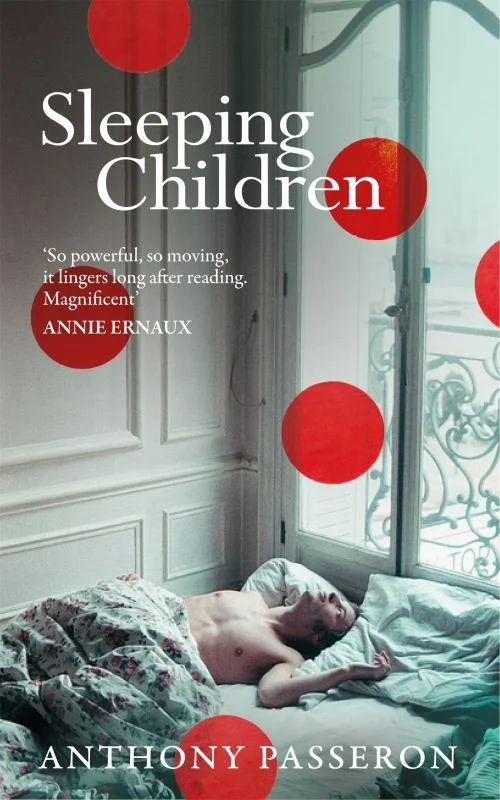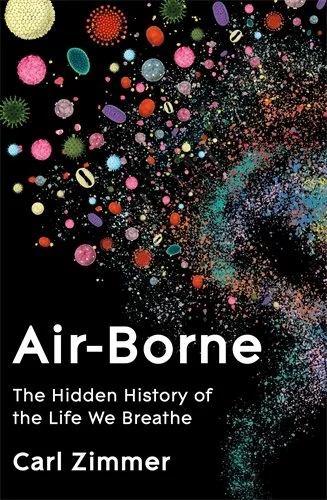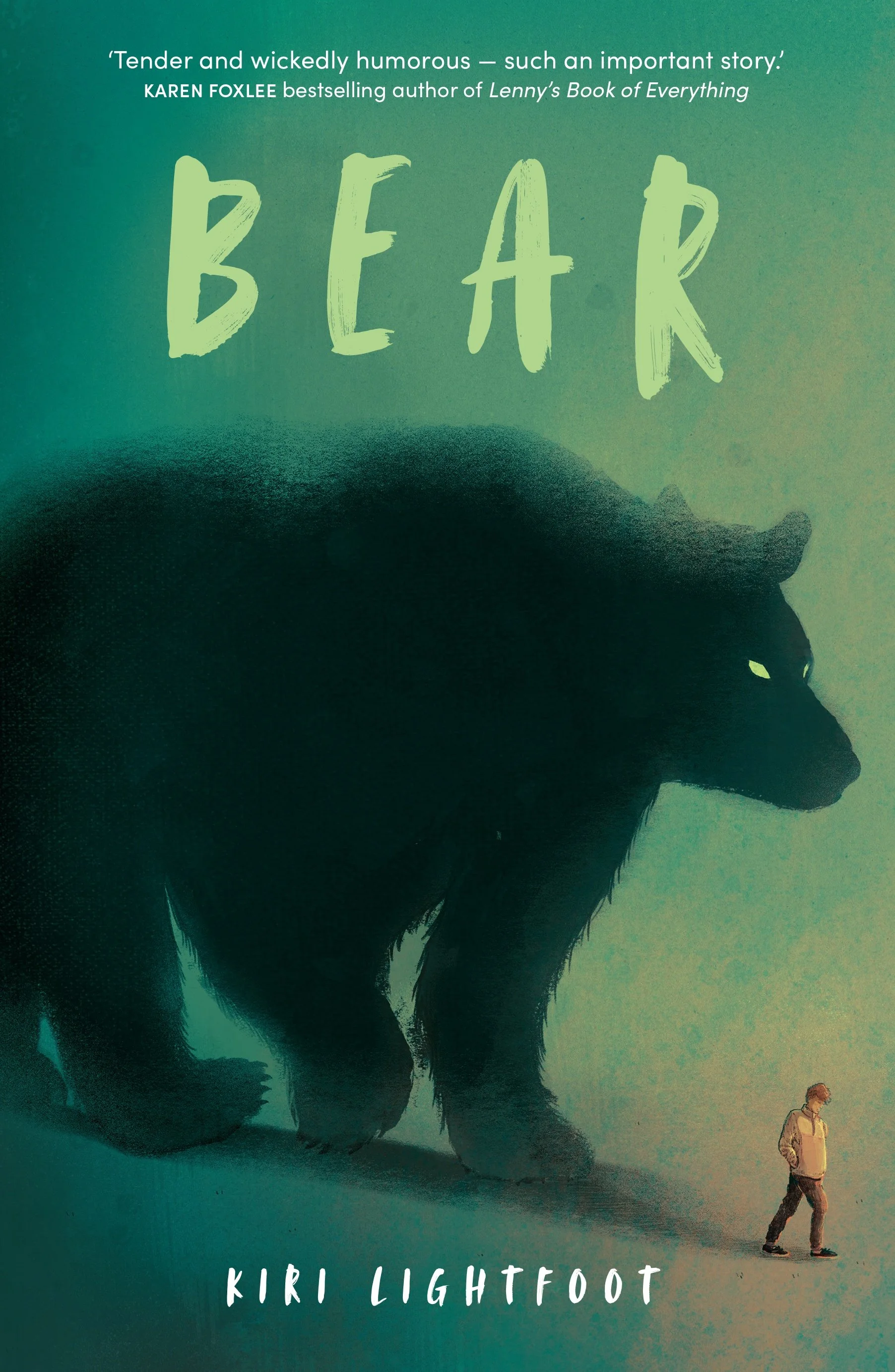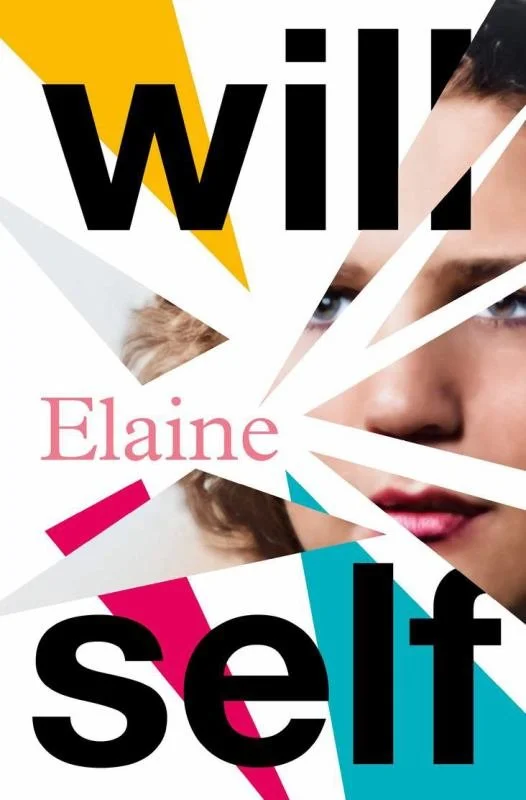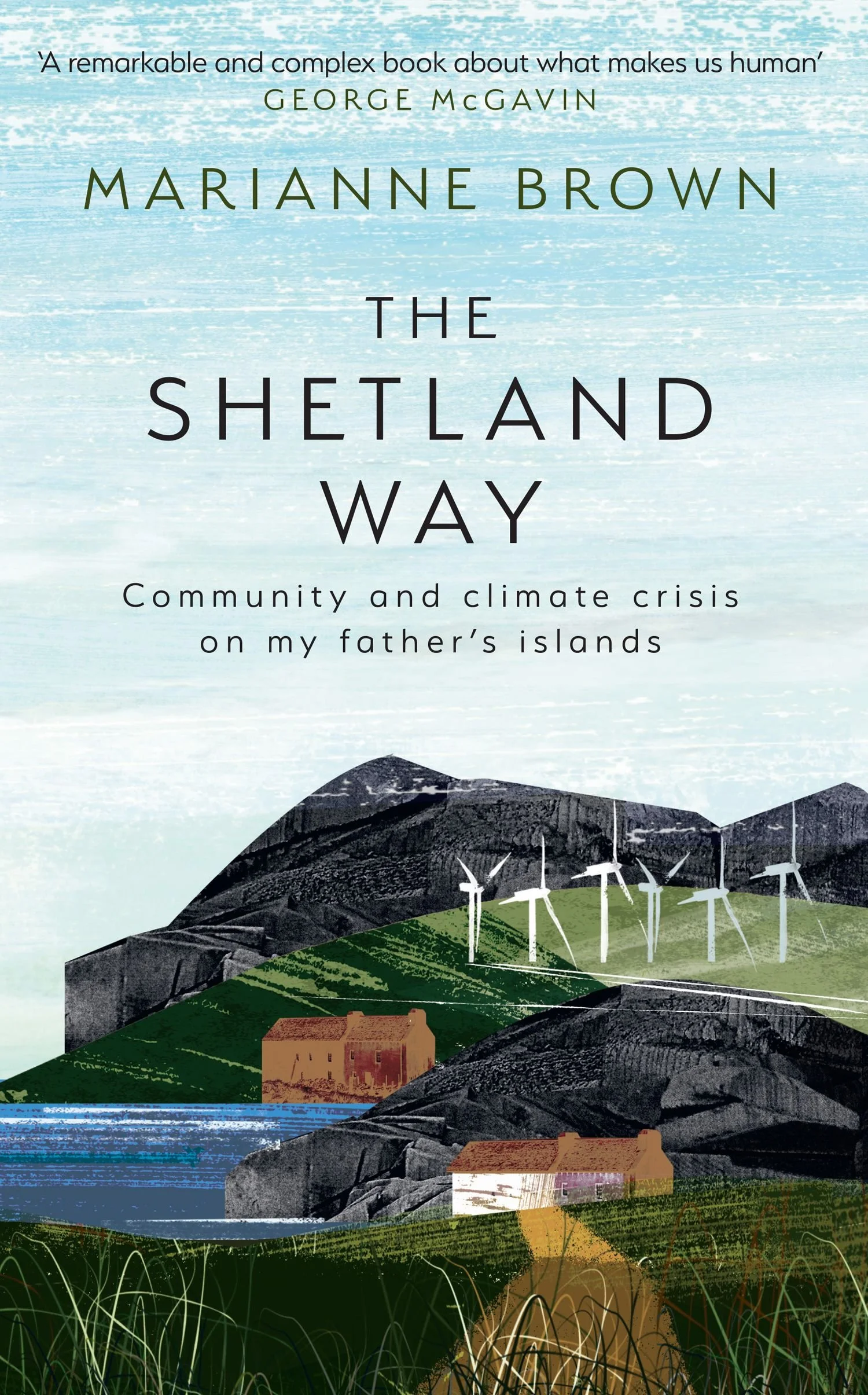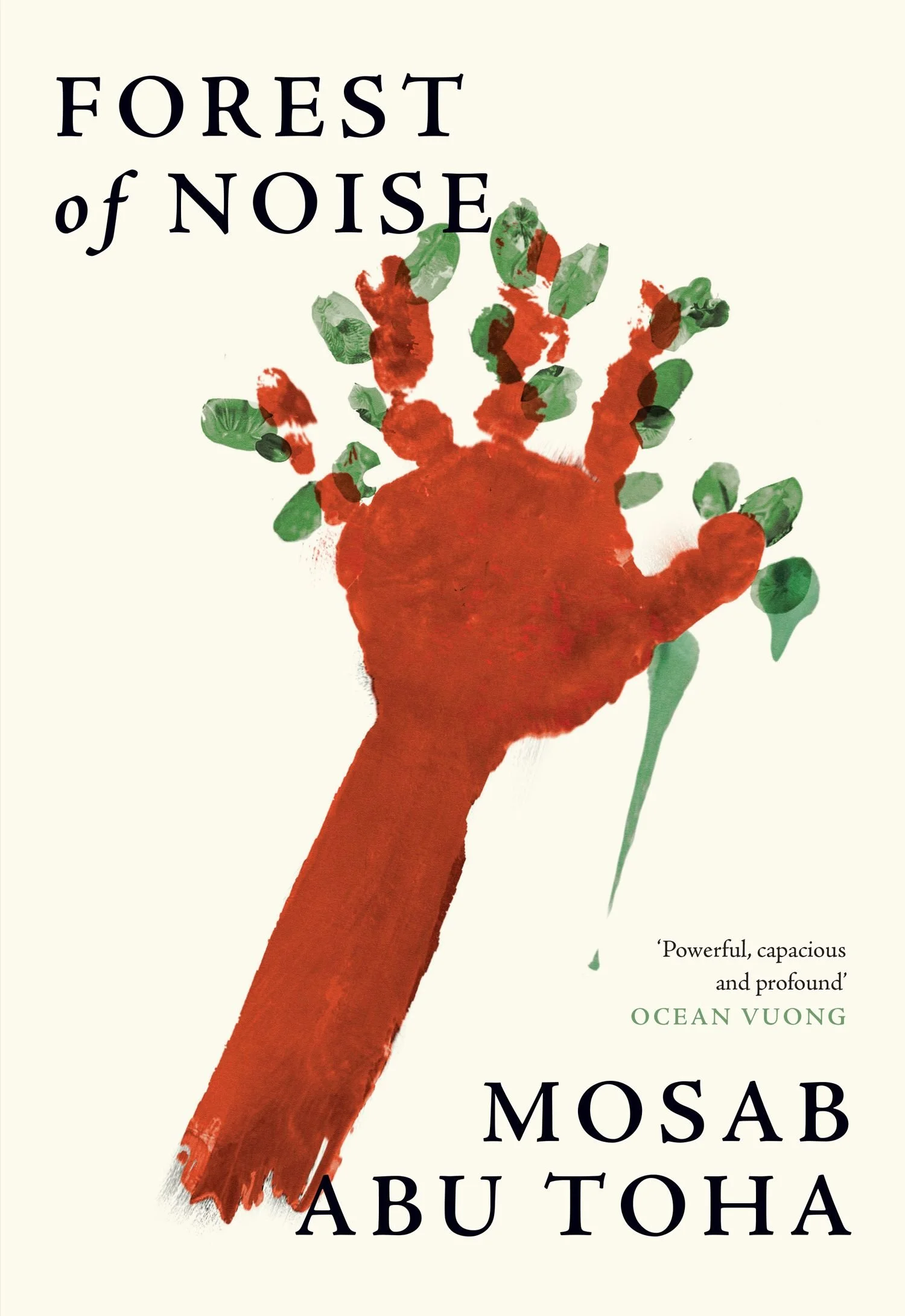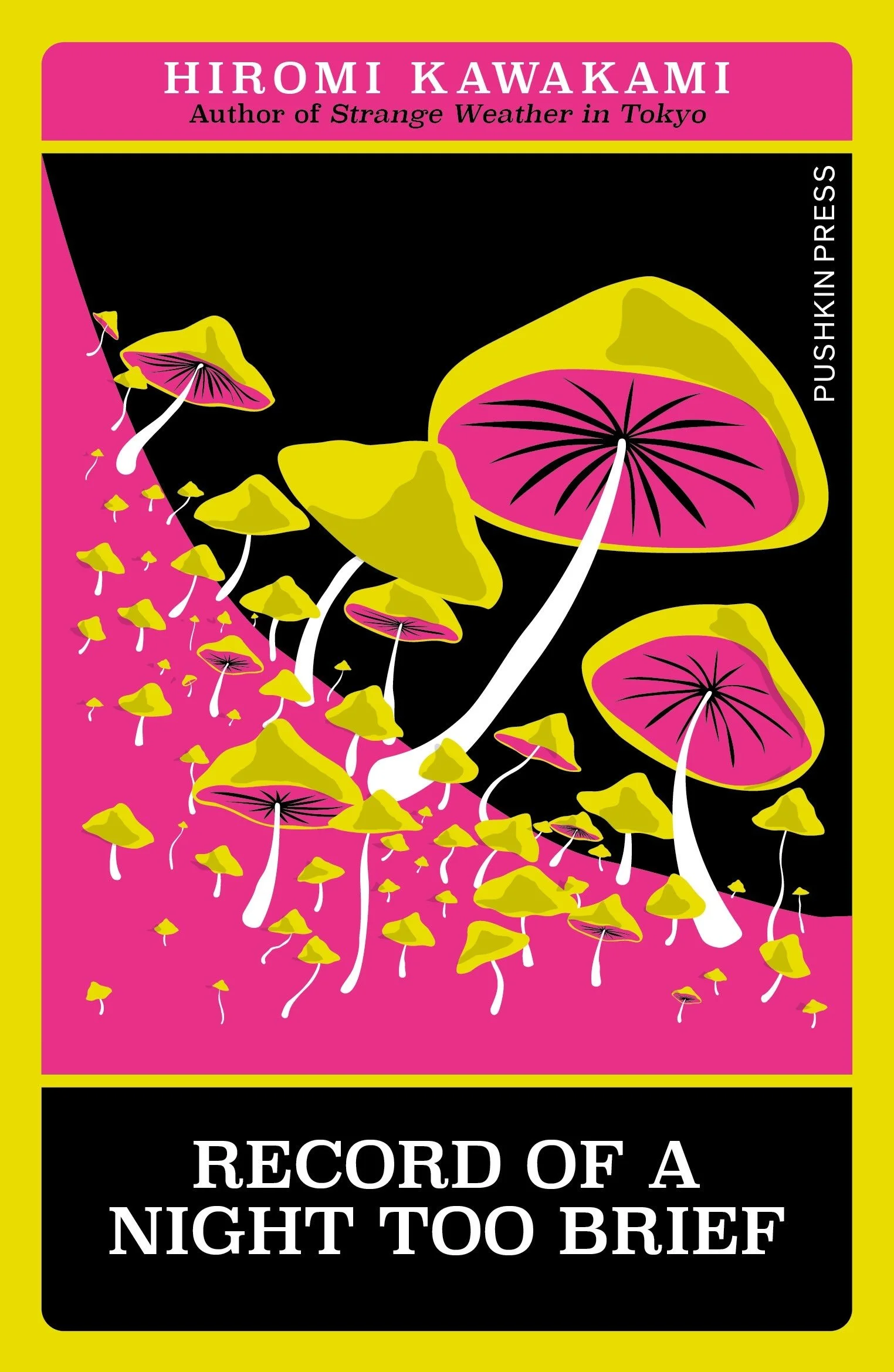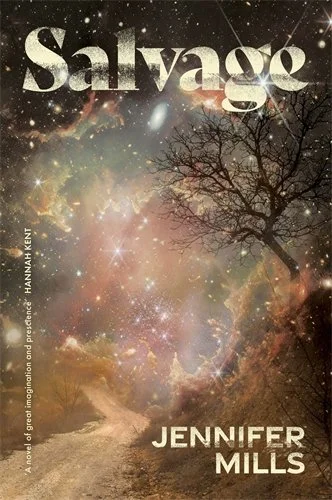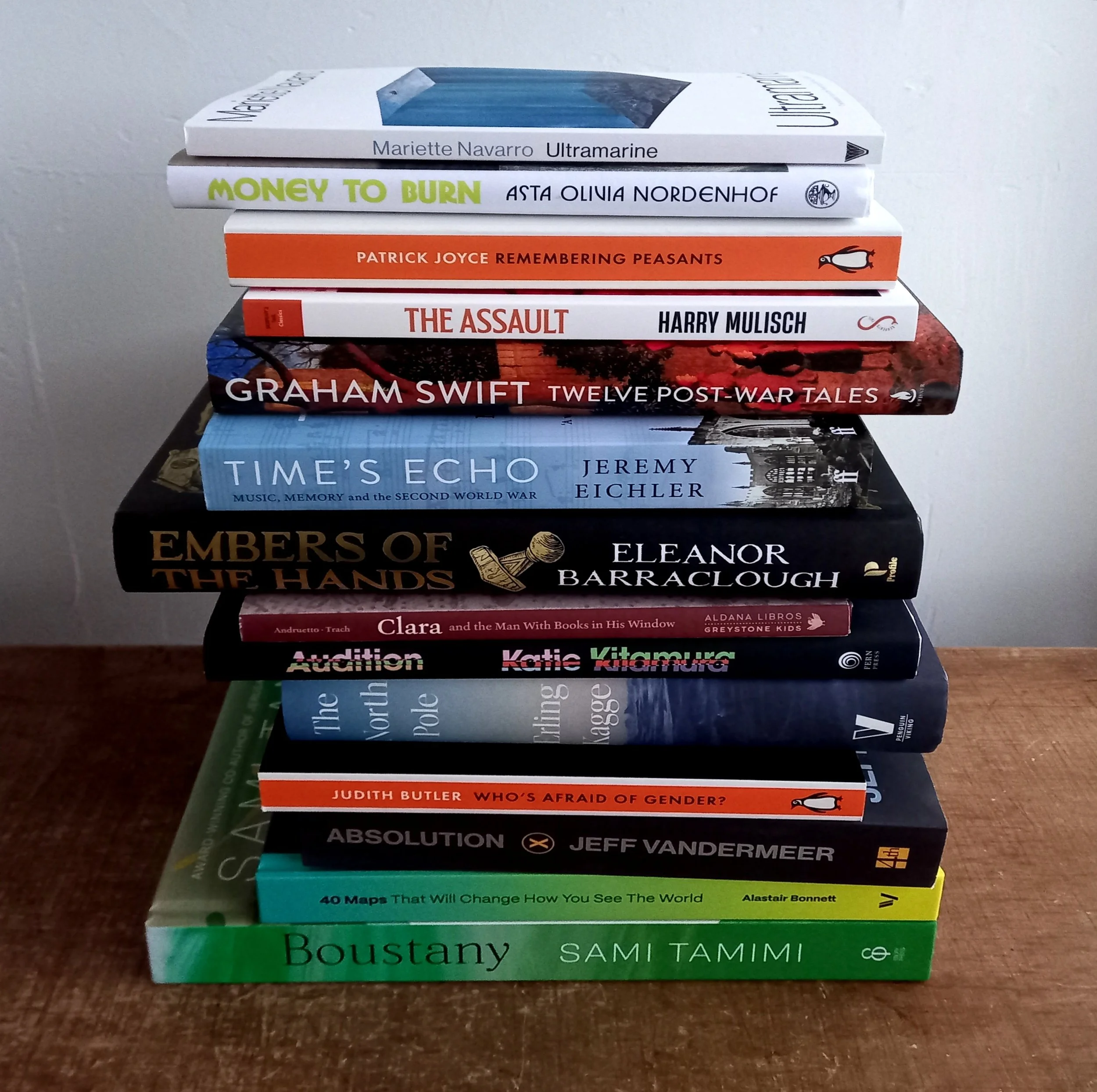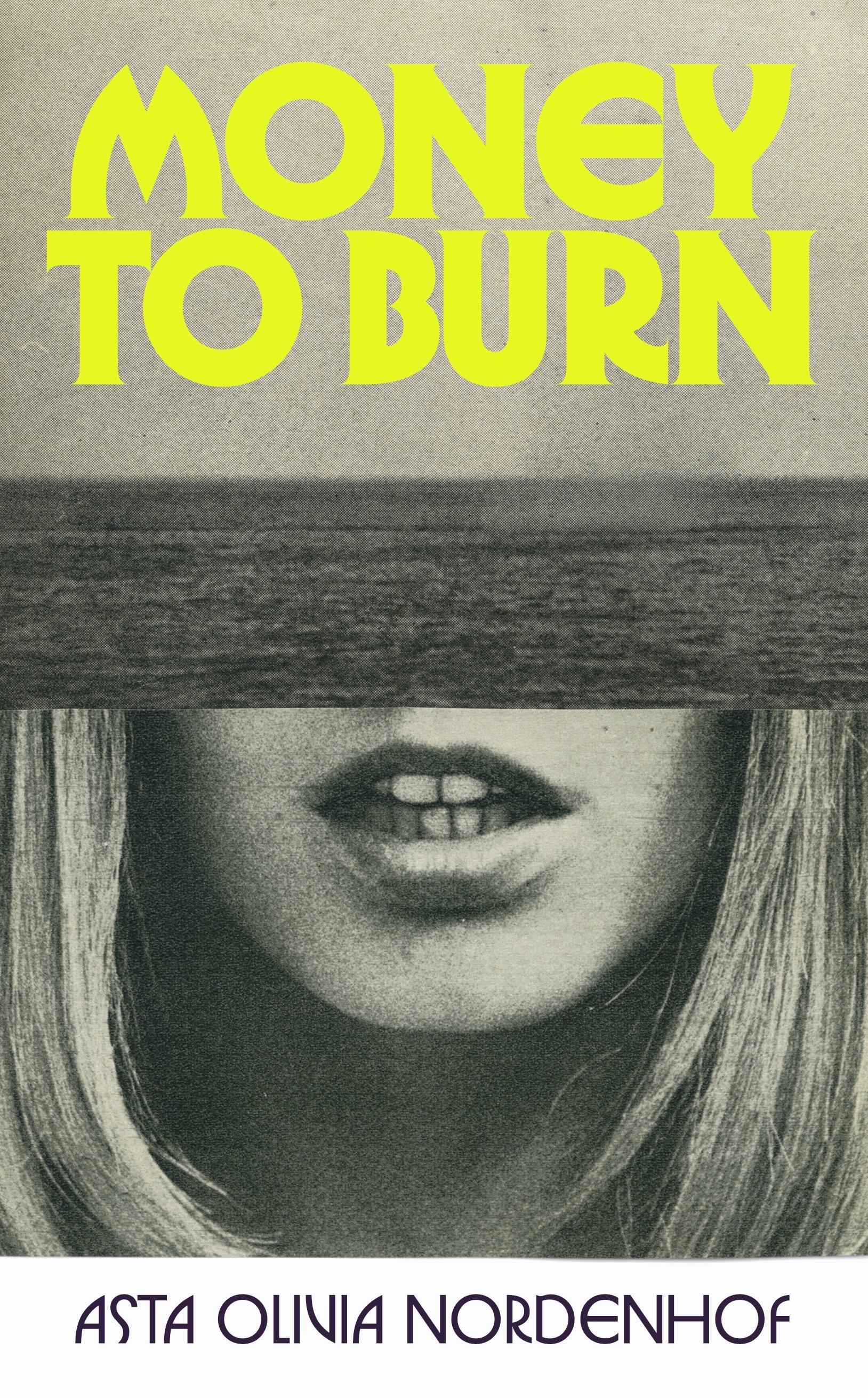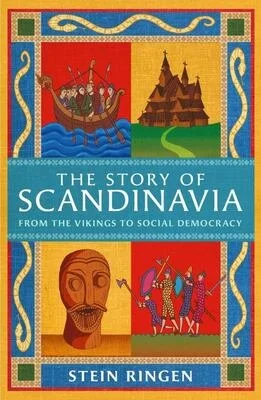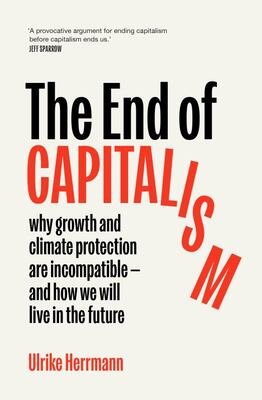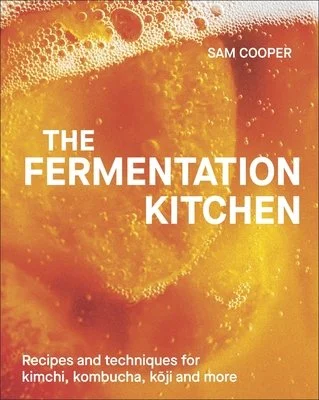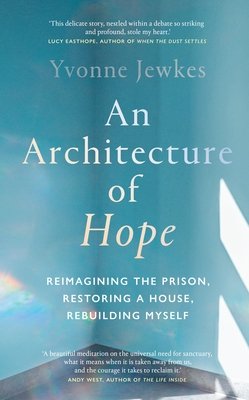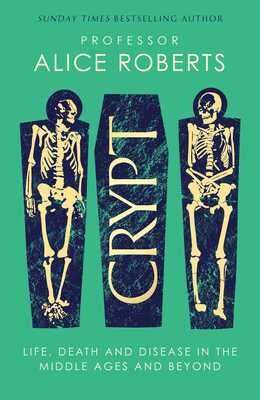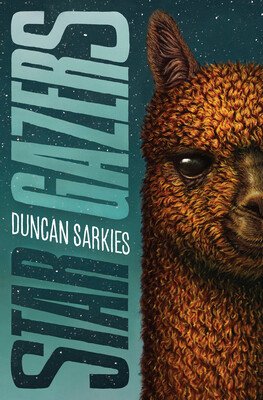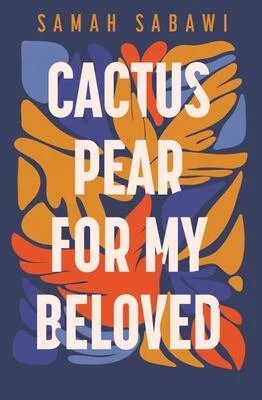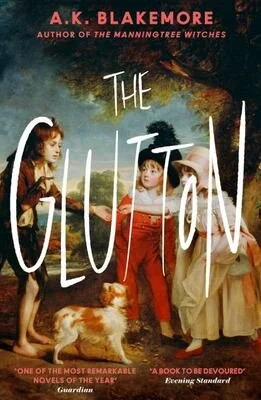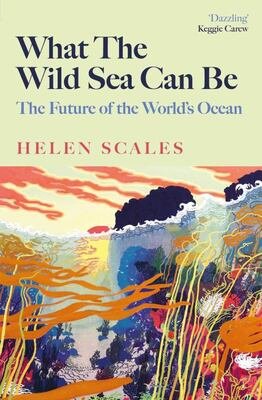Withstand winter with a book in your hand. Click through for your copies. We can dispatch your books by overnight courier or have them ready to collect from our door.
Zombie Proust by Jérôme Prieur (translated from French by Nancy Kline) $42
“Marcel Proust passed away on the 18th of November. It was 1922. One day, I could no longer resist: I went in search of him. I prowled about, I visited the rooms where he had lived, I caught glimpses of abandoned châteaus and haunted places, I walked in his footsteps. I wanted to see what his eyes had seen. I looked at his photographs, I uncovered relics and little treasures. I tried to find out who he had been in life, what he had really been like. I interrogated those among the dead who could still reply: his friends, his confidants, those who had crossed paths with him. Who was he? The dandy who set out for salons as though on a foreign expedition? Or the invisible man who flinched from the light, the character in a thriller? The brilliant writer was concealing a doppelgänger, and I pursued him as though tracking down a missing relative.” — Jérôme Prieur
What is a writer’s life, and above all, what is left of it? This book is not a biography, but a quest; an expedition to unearth what remains of the author of Remembrance of Things Past. What was it like to be in his remarkable presence? What was it like to be inside his skin — especially during his final years of intense reclusive absorption in the writing of his great book? Haunted places and abandoned sets, rare photographs, tinpot relics, half-erased fingerprints, flashes of light, piles of little memories serve as talismans through which Jérôme Prieur materialises the eponymous writer’s body and spirit in short, vivid chapters which resemble prose poems. Rich in detail, wry humour and quirky erudition, Zombie Proust brings back to life the invisible being, recalling his image as one summons a ghost.
“Prieur has succeeded magnificently in bringing his portrait of Proust to life.” —Le Monde
“Prieur explores places, questions traces, lingers on moments of Proust's life, sentences from In Search of Lost Time, images - again and again - like those words, haloed in mystery, which open wide the doors of imagination.” —Télérama
Every page is shot through with the feeling of overwhelming, enthusiastic, affectionate gratitude that readers of In Search of Lost Time feel for Proust the writer and Proust the man.” —Le Matricule des anges
“Scarcely any other book on Proust evades with such effortless skill the classic dilemma of whether to relate everything to the work or to the man. Prieur resurrects them both as a single phantom, in the night time favoured by Proust, perfectly conjuring up scents and tastes, with a love which owes nothing to neurosis.”
—Journal du Dimanche
I Remember by Joe Brainard $30
I Remember is a literary and artistic cult classic. Brainard's method was brilliantly simple: to set down specific memories as they rose to the surface of his consciousness, each beginning with the refrain “I remember”: “I remember that little jerk you give just before you fall asleep. Like falling.” Recollections — jokes, confessions, daydreams and memories — were carefully, lovingly woven together. They were of family and friends; of movie stars; of early heterosexual fumblings and later gay life. Brainard's pared-back prose dodged both self-pity and judgement of others, and was written with an ear for musical cadence and an extraordinary painter's eye. The result is witty, incantatory, profound and wholly captivating. New edition with a new introduction by Olivia Laing as well as the original one by Paul Auster. [Paperback]
”A masterpiece. One by one, the so-called important books of our time will be forgotten, but Joe Brainard’s modest little gem will endure.” —Paul Auster
“A relentlessly specific time-capsule of a book, which bizarrely, movingly, seems to slip the confines of time.” —Daily Telegraph
”Buy it, for everyone you know . I can’t think of a more original or lovely book.” —Olivia Laing
”Joe Brainard discovered a memory machine.” —Siri Hustvedt
>>Read an extract.
Diary of an Ending by Lina Scheynius (translated from Swedish by Saskia Vogel) $45
Blurring the boundaries between diary and essay, Diary of an Ending explores the break-up of a relationship, combining extracts from Scheynius’s diary – written in Swedish and translated by Saskia Vogel – with reflective essays written in English five years on, exploring ideas about art and photography, sex and passion, the act of diary-making, destructive relationships, motherhood and home. Interspersed with black-and-white photographs, and written with the same unashamed and unfiltered honesty that defines Scheynius’s photography, Diary of an Ending is an intimate hybrid of memoir and autofiction, a meditation on the passage of time and the transformative power of creativity. [Paperback with French flaps]
”This book is elegant, honest and compelling. Scheynius masterfully elevates the personal to the universal. The obsessive, internalised circularity of heartbreak is reworked until a portrait emerges of what it means to be human. Diary of an Ending is intimate, impersonal, passionate, detached, anxious, confident, logical, irrational, apprehensive and unflinching.” —Jack Self
”Diary of an Ending is an impressive and immersive composition of raw and unfiltered thinking alongside pages of careful reflection which ultimately demonstrates what grace, generosity and nuance can be found in unflinching vulnerability.” —Gemma Reeves
>>Read an extract!
>>Look inside.
Mātauranga Māori by Hirini Moko Mead $45
Hirini Moko Mead explores the Māori knowledge system and explains what mātauranga Māori is. He looks at how the knowledge system operates, the branches of knowledge, and the way knowledge is recorded and given expression in te reo Māori and through daily activities and formal ceremonies. Mātuaranga Māori is a companion publication to Hirini Moko Mead’s best-selling book Tikanga Māori. Mātauranga Māori is integrated into every activity people engage in. It touches the lives of people in whatever they do, in the way they act, in the way they think, in the way they learn and in the way their knowledge is shared with others. [Paperback]
176 Interruptions by Charles Boyle $35
There is gridlock on the M40 and a banana skin on every pavement. Lovers are disturbed in bed and my father becomes a rain god. Complacency is mocked. Death hovers. Shit happens. How the messiness of life is translated into fiction is considered and no conclusions are reached. Why, anyway, setting out from A, am I so sure that B is where I want to get to? Interruptions push back, disrupting the status quo or derailing progress. 176 Interruptions — a revised and expanded edition of 99 Interruptions, published in 2022 — attempts to take them in its stride. [Paperback]
”As a slim, hybrid collection of thoughts, memories, wisdom, 99 Interruptions may feel slight in the hand but it sits heavily in the heart. Boyle is able to resurrect his father in a way only writers can, allowing him to convey the strange, missing life of his father in unsentimental yet deeply affecting ways.” —Simon Low, Full Stop
>>Read Thomas’s review.
>>Other books by Charles Boyle.
In the Hollow of the Wave by Nina Mingya Powles $25
"I lay strips of pale peach cotton and cloud-printed cloth side by side. Each becomes a strange, asymmetric quilt block. Each block like a sentence, each sentence an island, all the islands loosely touching." In her second book of poetry, Nina Mingya Powles threads together themes of belonging and material inheritance against a backdrop of verse, collage and textile. From shorelines in Aotearoa, the UK and across Asia, this collection moves through words and images to explore water and the body, sewing and artmaking, personal histories and multicultural identities. [Paperback with French flaps]
Wonderland by Tracy Farr $38
Te Motu Kairangi/Miramar Peninsula, Wellington 1912. Doctor Matti Loverock spends her days and nights bringing babies into the world, which means her daughters - seven-year-old triplets Ada, Oona and Hanna - have grown up at Wonderland, the once-thriving amusement park owned by their father, Charlie. Then a grieving woman arrives to stay from the other side of the world, in pain and incognito, fleeing scandal. She ignites the triplets' curiosity and brings work for Matti, diverting them all from what is really happening at Wonderland. In a bold reimagining, Marie Curie — famous for her work on radioactivity — comes to Aotearoa and discovers both solace and wonder. [Paperback]
The Position of Spoons, And other intimacies by Deborah Levy $30
Levy invites the reader into the interiors of her world, sharing her intimate thoughts and experiences, as she traces and measures her life against the backdrop of the literary and artistic muses that have shaped her. From Marguerite Duras to Colette and Ballard, and from Lee Miller to Francesca Woodman and Paula Rego, Levy shares the richness of their work and, in turn the richness of her own. Each short essay draws upon Levy's life, encapsulating the precision and depth of her writing, as she shifts between questions of mortality, language, suburbia, gender, consumerism and the poetics of every day living. From the child born in South Africa, to her teenage years in Britain, to her travels across the world as a young woman, each page is reveals a questioning self. [Now in paperback]
”Under the blowtorch of Levy's attention, domestic space and everything in it is transformed into something radically meaningful. This is why people love Levy: she has an uncanny ability to honour and redeem aspects of experience routinely dismissed as trivial.” —Guardian
>>Delight in the details.
>>Language is her plaything.
Sleeping Children by Anthony Passeron (translated from French by Frank Wynne) $35
It is 1981. As a wave of puzzling medical cases sweeps across the US, a Parisian doctor is presented with a rare case of a disease long thought to be eradicated. It marks the beginning of a race on both sides of the Atlantic to make sense of a deadly virus that will define a generation. Miles away in rural France, Anthony Passeron’s family are dealing with a crisis of their own. Their small village is gripped by another epidemic — heroin addiction. Anthony’s uncle Désiré, once the pride of the family, has become one of its many ‘sleeping children’. Often found unconscious on street corners, he is a stranger to his family. As Désiré’s life descends into chaos, the thunder of the AIDS crisis grows closer. These two stories — one intimate, one global — are about to collide. Sleeping Children is a moving and eye-opening book about shame and the slow poisoning of a family by the secrets it keeps. Exploring the stories of the heroic few who fought for a cure for AIDs and for justice for a community abandoned, it is a radical vision of a history reshaped, retold and remembered. [Paperback]
”Without ever raising your voice, you have shattered the family silence that scabbed over tragedy and produced a work so powerful, so moving that it lingers long after reading. Magnificent!” —Annie Ernaux
Air-Borne: The hidden history of the life we breathe by Carl Zimmer $40
Every day we draw in nearly eight thousand litres of air — and thousands of living things. From the ground to the stratosphere, the air teems with invisible life. Zimmer leads us on an odyssey through the living atmosphere and through the history of its discovery. We follow Amelia Earhart and Charles Lindbergh above the clouds, where they conducted groundbreaking experiments, and meet NASA scientists who send balloons even higher, to search for life in the stratosphere. Zimmer chronicles the dark side of aerobiology with gripping accounts of how the United States and the Soviet Union clandestinely built arsenals of biological weapons designed to spread anthrax and smallpox. Air-Borne prompts us to look at the world with new eyes — as a place where the oceans and forests loft trillions of cells into the air, where microbes eat clouds, and where life soars thousands of miles on the wind. Weaving together history with the latest reporting on airborne threats to global health, this masterwork makes visible an invisible world. [Paperback]
”A fish doesn't know it's wet. And we rarely recognize that we are bathed in air, air carrying multitudes of microbes. Air-Borne chronicles the history of this insight. With Zimmer's usual superb writing, it is filled with fascinating science, visionary scientists who were often completely wrong, and poignant moments reflecting the vast human suffering caused by such microbes. And throughout is the dread that makes Air-Borne a page-turner — the knowledge that the air eventually carried SARS-Cov2 and may yet bring something worse. Air-Borne is deeply important and unsettling.” —Robert Sapolsky
The Nile: History’s greatest river by Terje Tvedt $44
Terje Tvedt travels upstream along the river from its mouth to its sources. This book is a travelogue through 5000 years and 11 countries, from the Mediterranean to Central Africa. This is the fascinating story of the immense economic, political and mythical significance of the river. Brimming with accounts of central characters in the struggle for the Nile — from Caesar and Cleopatra, to Churchill and Mussolini — and on to the political leaders of today, The Nile is also the story of water as it nourished a civilisation. [Paperback]
Bear by Kiri Lightfoot $28
Jasper Robinson-Woods is not okay — his name is too long, his mum has an annoying boyfriend, he never sees his dad, and he can't sleep because of a terrifying nightmare! Oh, and to top it off, his goldfish is dying. Jasper is overwhelmed with bad thoughts. Are they a sign of disaster to come? The only place Jasper feels safe is in the tree in his front yard. But then the unimaginable happens: the nightmare he's been having comes to life and follows him to school. Bear is a moving, often laugh-out-loud funny story about a young man and his journey to confront his nightmare and what it represents, while learning that even when you hit rock bottom, you never know what, or who, is around the corner. [Paperback]
Finalist in the 2025 New Zealand Book Awards for Children and Young Adults.
”I really enjoyed this story. I absolutely adored Jasper — what a great character and such a brilliant narrator — so smart and funny and flawed. This is such an important story and I hope it finds its way into the hands and hearts of so many young people. It is such a tender and wickedly humorous exploration of mental illness and grief and anger and how we define ourselves.” —Karen Foxlee


